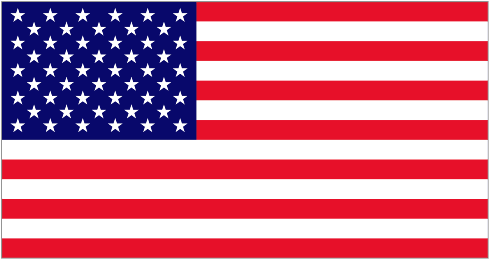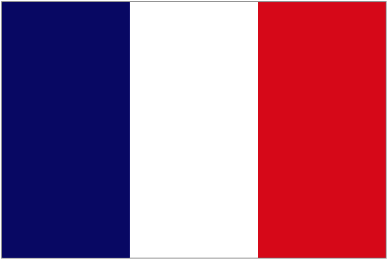Chords are important for playing any string instrument. It is the foundation of playing music and interpreting notes, therefore a very brief explanation as to what a Major Chord is. For explanations on Minor Chords or 7ths, please refer to those corresponding lessons. This explanation is a simple one so that you can understand how the Major Chord is made up in and will cover the basic necessities, we will start off with a demonstration on what the Major Chords look like in their first position for the Cuatro:
Major Chords In 1st Position
A chord will consist of the root, a major third and a perfect fifth. The root can also be referred to as the tonic, so if we take for example the chord D Major, then the root or tonic note is D. The major third is the note located 4 semitones from the root and the perfect fifth is located 7 semitones from the root:

By keeping with the format seen above, then you will be able to determine the composition of any major chord.
In conclusion, a Major chord is a type of chord that is built using a root note, a major third, and a perfect fifth. In the case of the D Major chord, the root note is D, the major third is F#, and the perfect fifth is A. See the illustration below for a reference on how to mark frets in the Cuatro fretboard to produce the D major chord:
D Major Illustration

As you can see, patterns start to form. There are many different kinds of chord compositions as additional notes can be added to enhance or alter the sound produced. The main types of chords we will be looking at are the Major, Minor and Major7.
Tip: For a quick overview of the major chords relating to the Cuatro, click here to access our library: Major Chords


